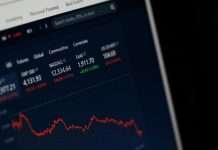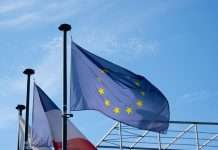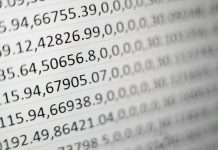Deutsche Bank has unveiled its latest initiative in the realm of sustainable finance with the introduction of an updated Sustainable Finance Framework.
This comprehensive guideline details the bank’s approach to categorising financial products and transactions as “sustainable,” incorporating rigorous environmental and social criteria, according to a report from ESG Today.
This marks the bank’s second framework aimed at fostering sustainable finance, succeeding its initial launch in July 2020. The announcement underscores Deutsche Bank’s escalating commitment to sustainability, having set an ambitious target of achieving €500bn in sustainable financing and investment volumes from 2020 to 2025, an objective that has been progressively revised upwards from an initial goal of €200bn.
As of the close of 2023, Deutsche Bank has made significant strides towards this goal, reporting €279bn in sustainable finance and investment activities.
The framework’s enhancements, as highlighted by Deutsche Bank’s Chief Sustainability Officer, Jörg Eigendorf, include refined eligibility criteria for sustainable investments, adherence to evolving market standards with insights from leading market associations such as ICMA, LMA, ISDA, and a commitment to transparency. This commitment entails regular updates on the bank’s sustainable financing and investments, shared through quarterly and annual financial reports and its annual non-financial report.
Sustainable activities under this framework are meticulously defined, adhering to the six EU Taxonomy objectives for environmental sustainability—ranging from climate change mitigation to biodiversity protection—and addressing social sustainability through objectives like access to essential services and socioeconomic empowerment.
The framework’s credibility is further bolstered by a second party opinion from ISS ESG, a renowned rating agency and consultancy. This endorsement affirms the framework’s alignment with market practices and Deutsche Bank’s sustainability criteria.
Eigendorf’s statement encapsulates the bank’s vision for sustainability, emphasizing the framework’s role in classifying sustainable activities and its public availability. He remarked, “€279bn – that is the amount of sustainable financing and ESG investment we have facilitated from 2020 to 2023. But what is sustainable, what do we classify as environmental and social?
“Our newly updated Sustainable Finance Framework gives the answer and it is public for everyone. It comprehensively outlines sector-specific classification thresholds and social classification criteria. It further defines environmental and social requirements integral to our due diligence process. It serves as the foundation for us in order to achieve our ambitious sustainability targets, guided by credible criteria.”











